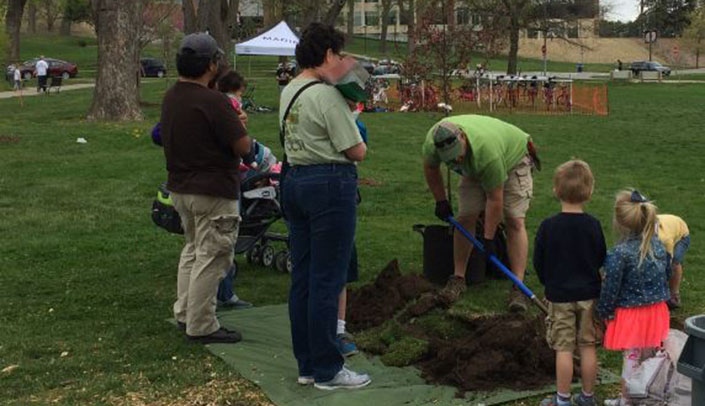Even if you don’t like resolutions, it still feels like Jan. 1 is a time to start something new. If that applies to you, the office of sustainability recommends reducing your impact, in any way possible.
The possibilities seem endless, and it can be overwhelming . . . and a little depressing: climate change tipping points are coming faster than predicted and taking a serious toll on human health, species are going extinct and creating a domino effect for other species, including humans, and natural disasters seem to be an everyday occurrence.
Facing a problem of that size makes it hard to know where to start, and it can lead to feelings of guilt. It’s also natural to think, “How is my little action of ___ going to help with a problem so big?” It’s stressful and may seem hopeless — but it’s not.
Yes, the problems are big and far reaching. Yes, countries and large organizations can have a big impact. But your individual actions count. They aren’t little or insignificant, and they are necessary. Not only do individual actions add up, they also lead to savings you don’t see — like the fuel used in the transportation of goods or the water used in manufacturing. Your actions can influence other people’s behavior, which multiplies that effect, and as public opinion changes, individuals end up influencing those big organizations and countries.
Need proof? UNMC and Nebraska Medicine started implementing sustainable strategies because students and colleagues said something. Now we’ve reduced enough energy to power a sizable town for a year, saved enough water to fill hundreds of Olympic-sized swimming pools, and in turn are influencing others. Our TravelSmart program is being replicated across the country, our energy strategies are being sought, and our actions are leading to even more change.
Back to the resolution. As you hear more about these issues, don’t get analysis paralysis. Do something. Do anything. Pick an issue or topic that interests you and make a change. Share your motivations and actions with your family (kids are great at holding adults accountable!), note the impact, celebrate your successes and then pick a new action. Active participation will fight the hopelessness. You’ll likely save money (and who doesn’t like that?), improve your health and improve the health of our community and beyond.
Your action can change the world.
